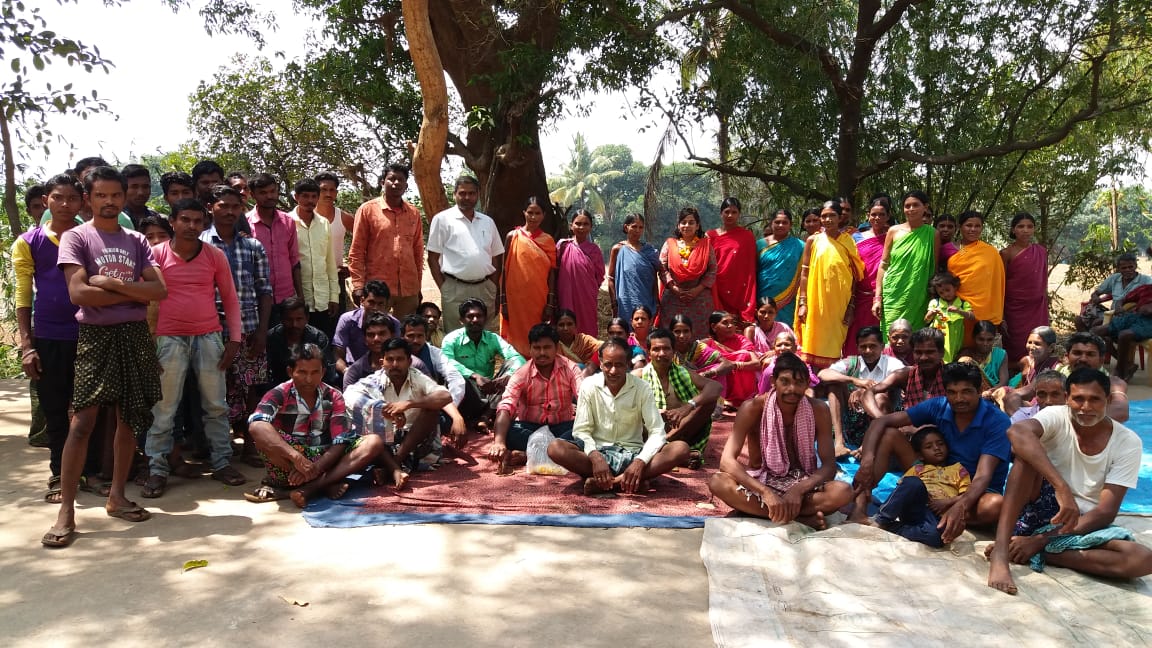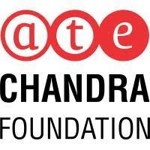Beautiful, yet underdeveloped — that’s the story of Koraput district in Odisha. NITI Aayog listed it as an aspirational district in 2018, but even before this intervention, Pragati – an NGO had been working in the district empowering the small farmers, writes Shivani Singh.
Any travel opportunity that takes you away from the hustle and bustle of the city comes as joie de vivre. I got lucky, since it was work that took me to Koraput. I was to conduct an independent evaluation of the work done by Pragati, an NGO that has been carrying out developmental projects in the region for several years.
It is unbelievable, how just a two-hour flight from Delhi and then a five-hour journey by road from Vishakhapattanam can take you to a place so different from the world we are accustomed to. Established in 1936, Koraput is decorated with forests, waterfalls, terraced valleys and darting springs. But the beauty masks a multitude of paradoxes. I realised this only when I reached there and witnessed the unusual coexistence of beauty and underdevelopment that has been in place for decades.
Falling in the tribal belt of the country, the area is infamous for being Naxal-prone, which has its roots in centuries of exploitation, subjugation, and discrimination based on caste. Poverty, unemployment, migration, bonded labour plague the district.
Niti Aayog listed Koraput as an ‘aspirational district’. Aspirational districts are some of the country’s most underdeveloped areas. The Niti Aayog’s Transformation of Aspirational District Programme (TADP) aims to quickly transform and develop the district in terms of the Human Development Index defined by UNDP.
According to the Delta ranking released by Niti Aayog, in July 2019, Koraput ranked 39 out of 112 aspirational districts in terms of development. The district ranked eighth in education, 55th in health and nutrition, 45th in agriculture and water resources, 96th in financial inclusion and skills development and 103rd in basic infrastructure.
Pragati has been present in the district implementing developmental programmes, much before Niti Aayog launched TADP. My visit to Koraput took me to a village called Modeiguda, where Pragati started working five years ago.
The villagers live in harmony with nature but have been cut off from the mainstream for years. I met Radha Pandia, a board member of Pragati and a member of Koraput Jilla Banabasi Sangha (KJBS). An influential community leader, her efforts have led to many people adopting methods like crop intensification. Within five years of Pragati’s intervention, farmers in Modeiguda have become self-sufficient in fulfilling their nutritional needs, generating employment and minimising migration. Their annual income ranges from ₹1.5 lakh to ₹3 lakh.
Empowering women
Riding an official vehicle provided by Pragati, I was driven around the district. In a Naxalite area, one must take precaution, while traveling. But the beauty of the land was intoxicating, that fear was the last thing on my mind. I had three more villages — Gahrtala, Maliguda, and Maliput – on my itinerary and I looked forward to visit each of them.
I was delighted to see that in all the villages I visited, women farmers played an active role. Pragati has mobilised women and trained them in techniques like crop intensification and half-acre models and organic farming. Over 5,000 women have formed 541 self-help groups (SHG) and are involved in micro-credit and income generating activities.
The women are empowered, economically more independent – yet when they shared their stories with me, I could sense how they are still grappling with men, who end up spending majority of their money on liquor. The silver lining, however, is that change is on the horizon.
On the development pathway
Pragati, while implementing its programmes has given due importance to traditional wisdom in agriculture, which constitutes 83 percent of the district’s economy. Armed with indigenous knowledge about herbs, forests and agricultural practices, the people here are embracing modernity.
They have adopted new methods like crop intensification, organic and climate resilient farming. Diversion-based irrigation (through both gravity pumps and solar pumps) has been implemented in 105 villages of the district, enabling 2,514 farmers to grow crops all year round, thereby leading to an increase in land use. Through this irrigation technique alone, farmers have been able to increase their annual income by ₹50,000. Special emphasis has been laid on harnessing solar power in the form of solar pumps and lights.
The NGO facilitated formation of 337 farmer collectives and built their capacities for collective organic farming, value addition and marketing. The villagers have also developed a habit of consuming vegetables, pulses, and other cereals, thereby improving the nutritional intake significantly. At the same time community members have resolved to protect and conserve their forests by forming the Koraput Jilla Banabasi Sangha for community forest management under Forest Rights Act 2006.
The people I met, reflected the can-do spirit of Koraput. Small farmers, who had been battling economic and caste disparity have decided to take charge of their lives. What was heartening to see was the role women were playing Koraput’s development. My journey to Koraput and back was a short one, but Koraput still has a long journey to complete – one of economic empowerment and social inclusion.
Note: OneStage partnered with Philanthropy University, United States of America to assess the impact of social development projects conducted by the NGO, Pragati, in Koraput, Odisha
Search
Categories
Recent Posts
- A brief visit to a project site in Gurugram
- How was OneStage born?
- ‘The plight of people moved me, and the heroic efforts of frontline workers inspired me to support COVID Relief work’
- 7 ways to take care of your Mental Health during the pandemic
- 5 things you must keep in mind before forwarding information on COVID












.png)

.png)

